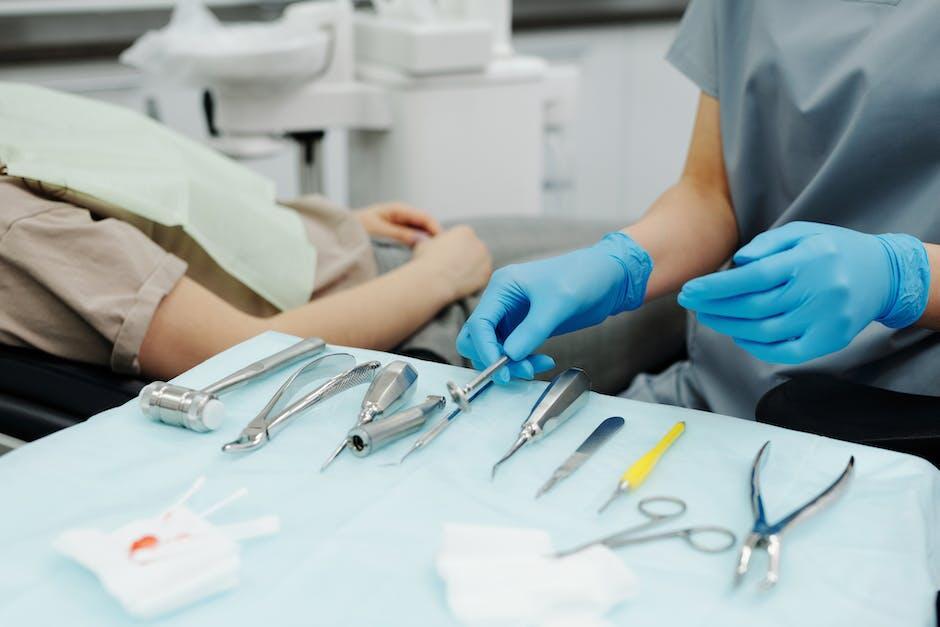Have you ever felt sudden pain in your tooth that made you wonder if you should rush to the dentist right away? Dental problems can happen at the most unexpected times, leaving you confused about whether they are serious or can wait. The truth is, some dental issues need urgent care to prevent further damage, while others can be handled during a regular appointment.
By reading this blog, you will learn how to recognize real dental emergencies, when to seek immediate help, and how to keep your teeth safe from serious complications.
Knowing When Pain Means Emergency
Not every toothache is an emergency, but some can be a sign of serious problems. Severe and constant pain, swelling in your gums or face, and bleeding that does not stop are warning signs you should not ignore.
If you have an injury that knocks out a tooth or breaks it badly, quick action can save the tooth. Understanding these signs can help you decide whether you should see a dentist right away or if it is safe to wait.
Delaying treatment when symptoms are severe can make the problem harder and more costly to fix. In some cases, waiting too long can cause infections to spread to other parts of the body. Paying attention to your symptoms and acting quickly can protect both your dental health and your overall well-being.
Common Dental Emergencies To Watch For
A few problems happen more often than others when it comes to urgent dental care. These include teeth that are knocked out, broken, or cracked. Infections, also known as abscesses, can cause swelling and severe pain, and they can spread if left untreated.
Objects stuck between your teeth that cause pain or swelling can also be considered emergencies. Learning how these issues look and feel can make it easier to respond quickly. If left alone, some of these conditions can lead to serious health problems beyond your mouth.
Acting early often means simpler treatment and faster recovery. Knowing these dangers can help you stay calm and make the right choice during a dental emergency.
How To Respond Before You Reach The Dentist
When a dental emergency happens, knowing what to do right away can make a big difference. If a tooth is knocked out, try to place it back in its socket or store it in milk until you reach the dentist.
For swelling or pain, rinse your mouth with warm water and use a cold compress to reduce swelling. Avoid putting aspirin directly on the gums, as it can cause burns. For reliable guidance in the moment, a website like this can help you find trusted tips while you arrange urgent care.
Taking Steps To Prevent Dental Emergencies
Good daily care can prevent many emergencies from happening. Brushing and flossing every day keeps your teeth and gums healthy. Wearing a mouthguard during sports helps protect against injury.
Regular dental checkups can catch problems early before they turn into emergencies. By making these habits part of your routine, you reduce the chances of sudden, painful problems.
Acting Fast Can Save Your Smile
Dental emergencies can be stressful, but knowing what to do can protect your teeth and your health. Recognizing the signs, taking quick action, and practicing prevention all play an important role.
Remember, urgent care can make the difference between saving and losing a tooth. If you take these steps seriously, you can handle unexpected problems with more confidence.
Did this guide help you? Browse the rest of this section for more advice on a variety of topics.
